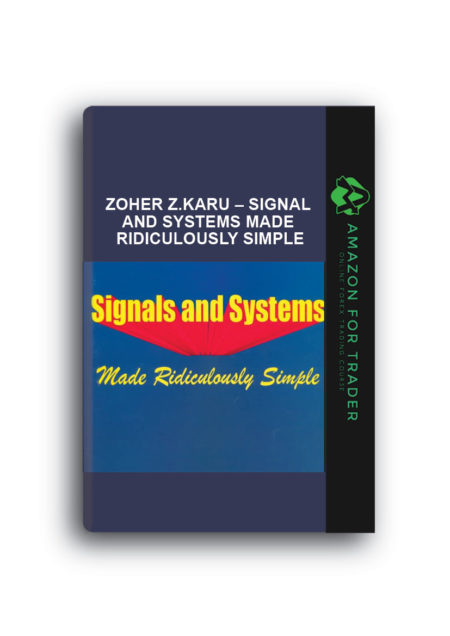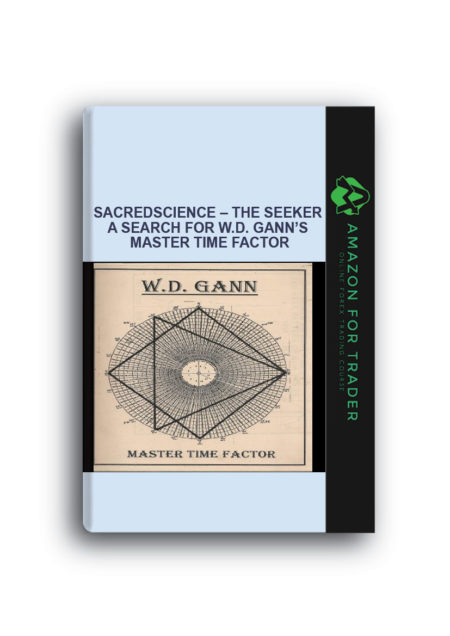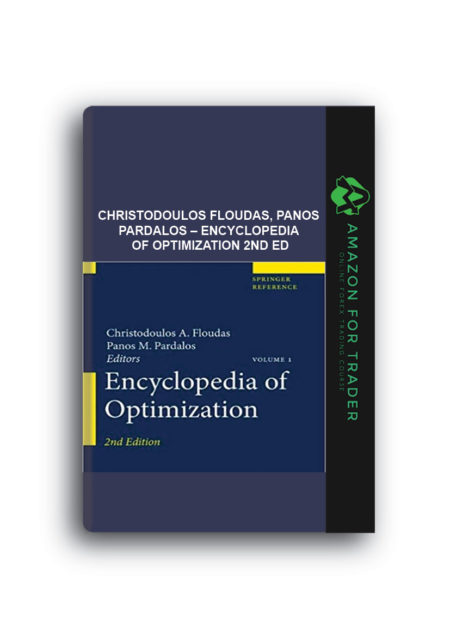Description
Gregory Wornell – Signal Processing with Fractals. A Wavelet Based Aproach
This work provides a guide to wavelet-based signal processing with fractals. Coverage includes wavelet theory and transformations, statistically self-similar signals, deterministically self-similar signals, fractal modulation and linear self-similar systems.
SIGNAL PROCESSING WITH FRACTALS: A WAVELET-BASED APPROACH
PREFACE
In recent years, the mathematics of fractal geometry has generated much excitement within the engineering community among those seeking broad new and more realistic classes of models for wide-ranging applications. This optimism has arisen out of the perspective that many natural and man-made phenomena around which we engineer our world are much better described through an inherently irregular “fractal” geometry than by the traditional regular Euclidean geometry. However, despite the apparent promise of fractal geometry in providing useful solutions to important engineering problems, progress in applying these models in such applications has been slower than expected. To a large degree, this has been due to the lack of an adequate set of convenient and efficient engineering-oriented mathematical tools for exploiting these ideas.
From this perspective, the recent emergence of powerful multiscale signal representations in general and wavelet basis representations in particular has been particularly timely. Indeed, out of this theory arise highly natural and extremely useful representations for a variety of important fractal phenomena. This book presents both the development of these new techniques as well as their application to a number of fundamental problems of interest to signal processing and communications engineers.
In particular, this book develops a unified, wavelet-based framework for efficiently synthesizing, analyzing, and processing several broad classes of fractal signals. For example, efficient and practical algorithms for solving some important problems of optimal estimation, detection and classification involving fractals are developed using this framework. As another example, novel and practical signal processing techniques for exploiting fractal signals as information-bearing waveforms in efficient communication systems are also developed.
In preparing this monograph, there has been an effort to make this material as accessible as possible to graduate students and practicing professionals alike. In particular, no prior familiarity with either fractal geometry or wavelets is assumed of the reader. In fact, Chapter 2 is a fully self-contained primer on the relevant wavelet theory. However, to keep the treatment compact, the reader is assumed to possess a basic familiarity with continuous- and discrete-time signals and systems, with stochastic processes, detection and estimation theory, and with the geometry of linear vector spaces and linear algebra. Wherever possible, concepts and intuition are emphasized over mathematical rigor. Nevertheless, unavoidably some measure of that ill-defined but important quantity “mathematical sophistication” is also assumed of the reader.
As a final remark, it should be emphasized that no attempt has been made to describe many of the exciting parallel developments taking place within this active field of research. While I have tried whenever possible to point out those developments most closely related to the material covered, this monograph should not be interpreted as a comprehensive treatise. In fact, rather than a retrospective on a mature topic, it is hoped that this book will serve as a catalyst, stimulating further development in both the theory and applications of the exciting, powerful, and increasingly important ideas in this area.
There are many people who contributed to this book becoming a reality, and to them I am extremely grateful. Alan Oppenheim contributed generously to the development of the ideas in the original work, and strongly encouraged and supported the book. Alan Willsky and William Siebert also provided valuable technical input and suggestions during the development of this material. Henrique Malvar, Jelena Kovacevic, and Jerome Shapiro all read the complete manuscript very carefully and provided a great deal of helpful and detailed feedback. Warren Lam and Haralabos Papadopoulos also did an exceptional job proofreading and helping to debug the manuscript. Jon Sjogren and his program at the Air Force Office of Scientific Research played a critical role in supporting and encouraging the research out of which this book grew. And finally, Karen Gettman at Prentice-Hall was instrumental in steering the project to fruition.
Gregory W. Wornell
Cambridge, Massachusetts
From the Back Cover
Fractal signals, derived from wavelet theory, are ideally suited for use in many engineering applications, ranging from communications to remote sensing. This book provides an introduction to wavelet theory from a signal processing perspective, and details fractal signals and a collection of practical wavelet-based techniques for representing and manipulating fractal signals in various applications. Covers wavelet theory and transformations, statistically self-similar signals, detection and estimation with 1/f processes, deterministically self-similar signals, fractal modulation, and linear self-similar systems. For industrial research scientists and practicing engineers within the signal processing and communications communities.
Gregory Wornell, Signal Processing with Fractals. A Wavelet Based Aproach, Download Signal Processing with Fractals. A Wavelet Based Aproach, Free Signal Processing with Fractals. A Wavelet Based Aproach, Signal Processing with Fractals. A Wavelet Based Aproach Torrent, Signal Processing with Fractals. A Wavelet Based Aproach Review, Signal Processing with Fractals. A Wavelet Based Aproach Groupbuy.









Reviews
There are no reviews yet.